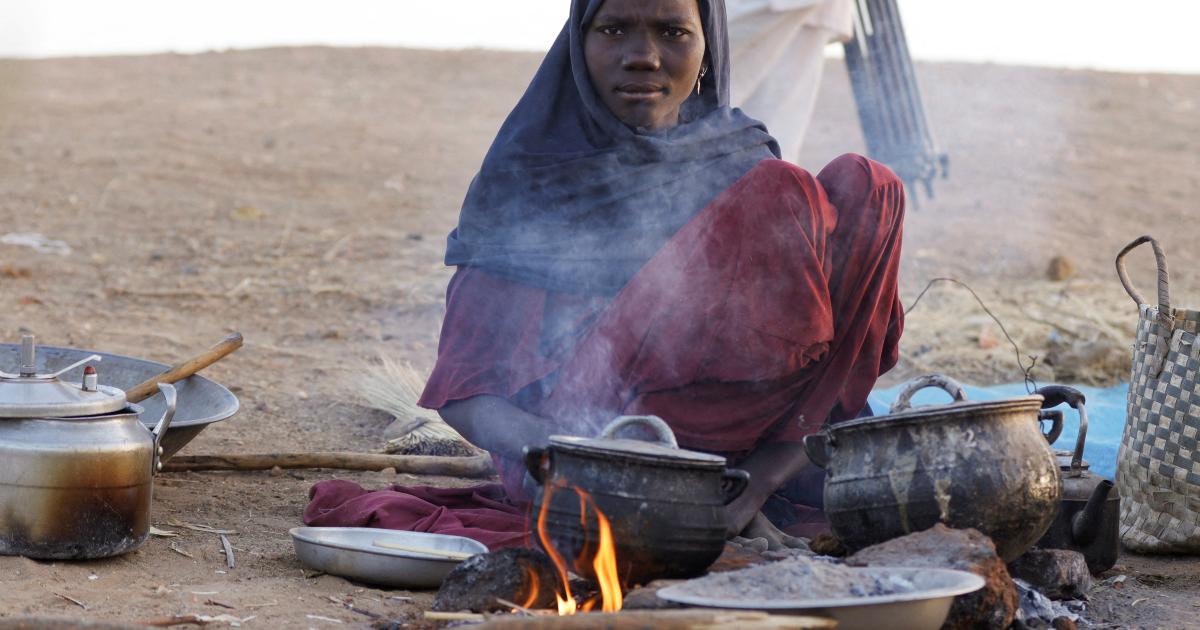
An escalating humanitarian catastrophe is unfolding in the town of Tawila, North Darfur, as a surge of displaced people fleeing violence and famine intensifies the spread of cholera and strains already fragile relief operations.
Since April 2025, approximately 379,000 people—predominantly women, children, and individuals with disabilities—have fled besieged areas of Zamzam and Al Fasher, seeking safety in Tawila. The onset of the rainy season has only worsened the crisis, compounding exposure to disease, hunger, and harsh weather conditions.
Four makeshift camps have been erected in response, but supplies have quickly run dry, and the town’s capacity to provide aid has reached its limits.
“The situation in Tawila is collapsing,” said Shashwat Saraf, Sudan country director for the Norwegian Refugee Council (NRC). He described scenes of families sleeping on bare ground under fragile shelters, lacking basic sanitation and access to safe drinking water.
Meanwhile, cholera infections are on the rise, adding urgency to an already dire situation.
A recent assessment by the NRC found staggering levels of deprivation. Of the 213,000 people living in the camps, only 10% have access to a reliable water source and fewer than 10% have access to latrines.
Most families manage just one meal a day. Pregnant and breastfeeding women account for 39% of the population, and 22% of households include people with disabilities. Thousands of children are out of school.
Many of the displaced are survivors of horrific violence. The deadly April attacks on Zamzam and Abu Shouk camps reportedly left around 400 people dead and numerous others subjected to sexual violence, including aid workers.
Since April 2023, an estimated 782,000 people have been displaced from the region—half a million of them in just April and May this year.
In Al Fasher, a joint assessment by humanitarian groups and local authorities revealed that 38% of children under the age of five are suffering from acute malnutrition, with 11% in life-threatening condition.
“The window to save thousands of lives is closing fast,” warned Saraf, calling for urgent international intervention to provide unhindered humanitarian assistance to Tawila and prevent the collapse of what remains of relief operations.



